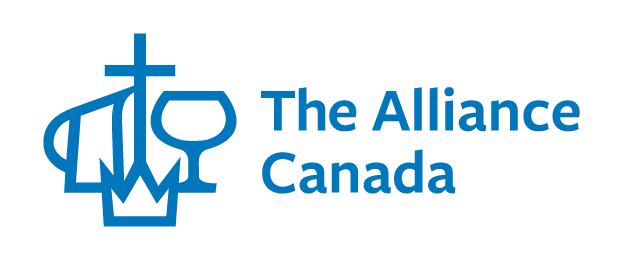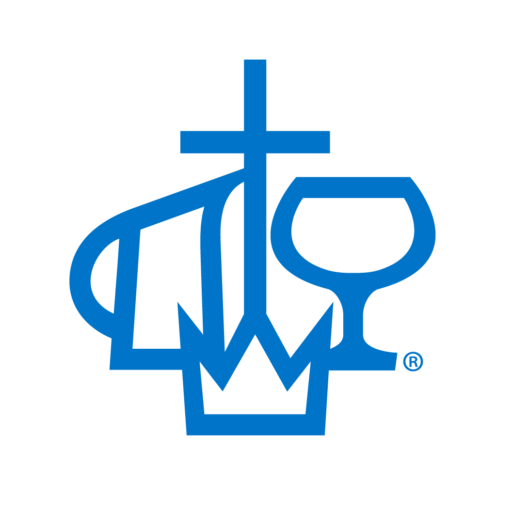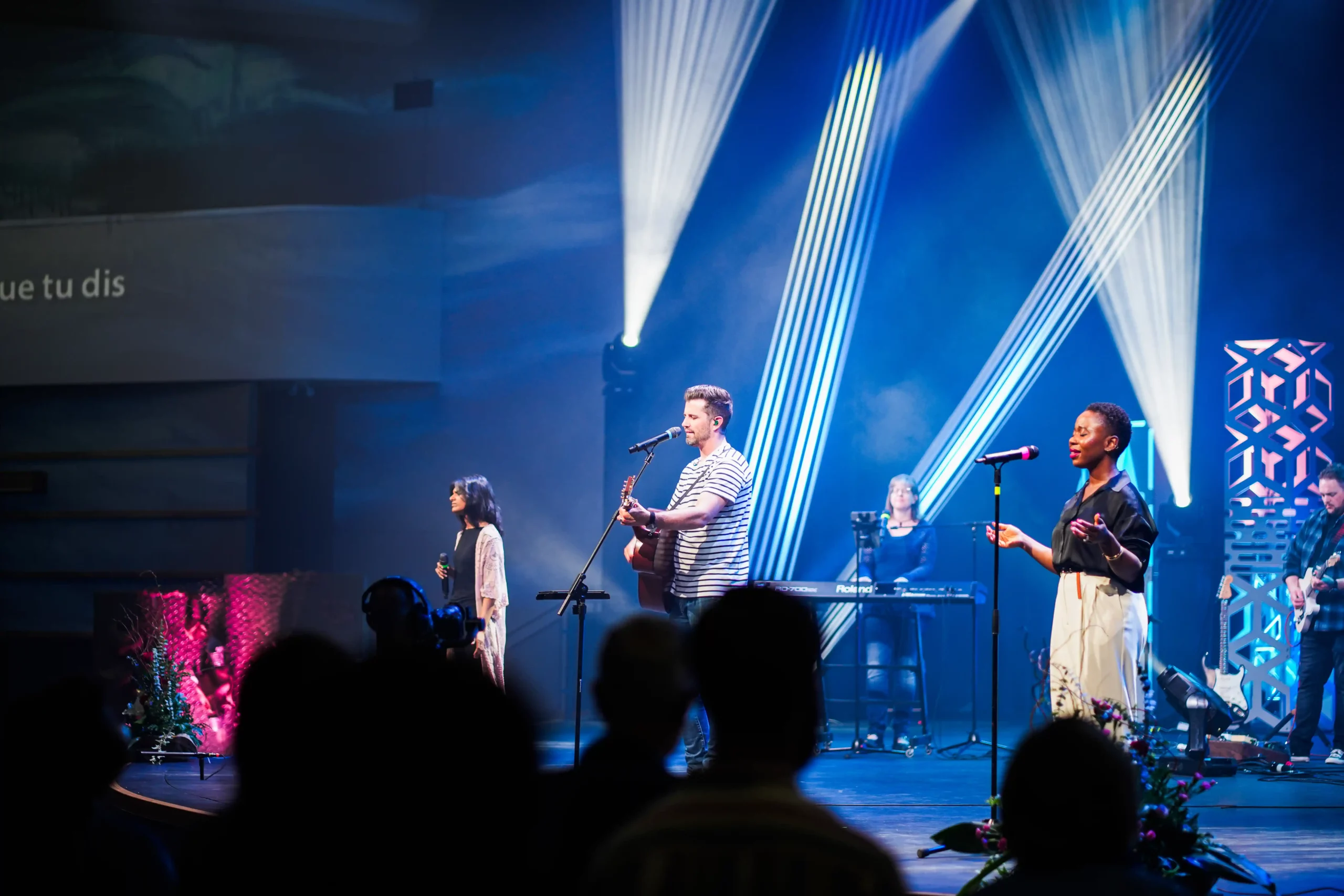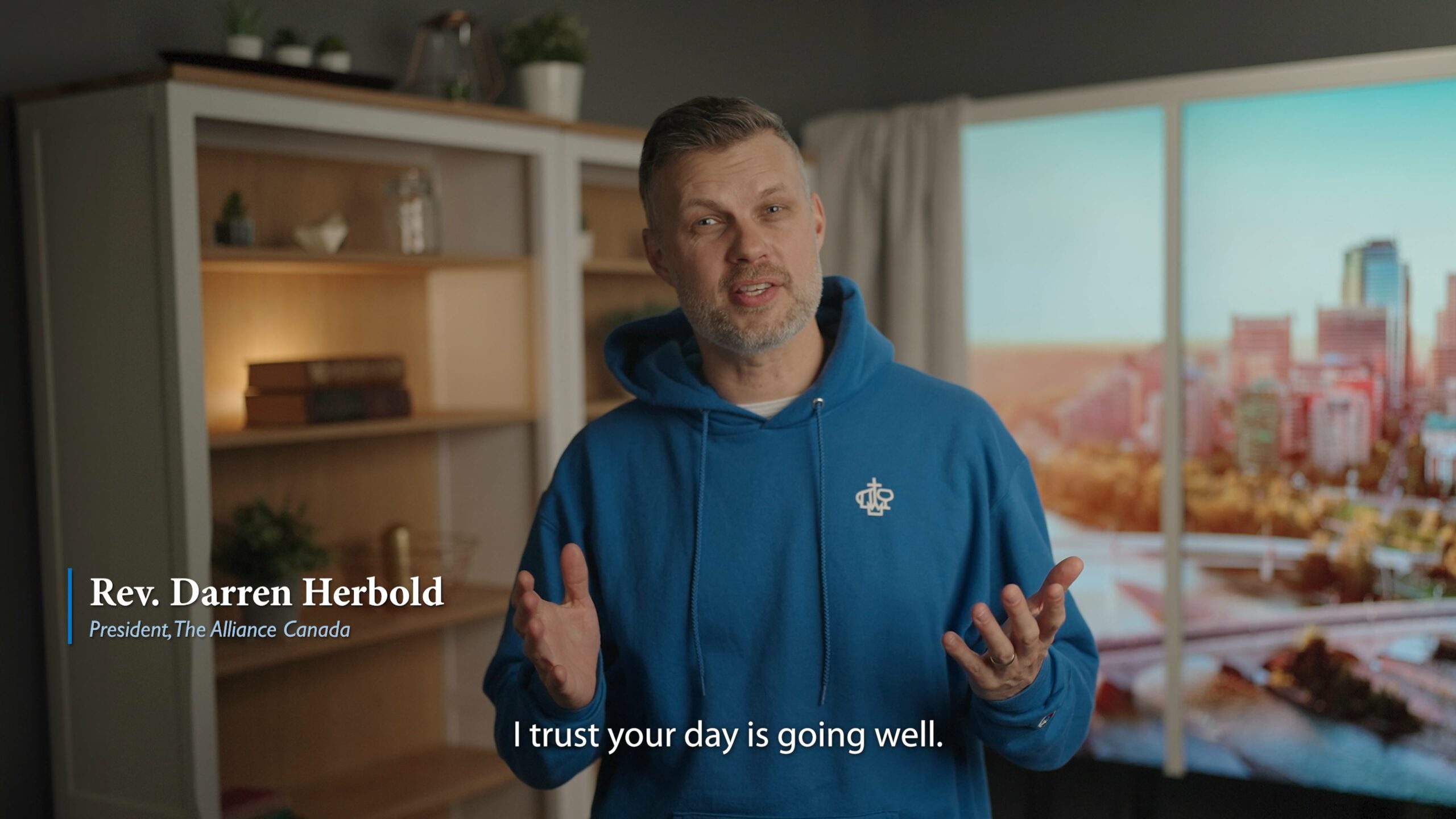“I love it when Jesus calls people ‘you fools!’” said my husband Mark with a smile.
We were sitting around the dinner table, discussing the theme passage of this publication. It’d been a while since I’d read the passage, and I’ll confess I’d never paid much attention to that part (v. 25). Millennial-Christian-meme humour flourishes in our house, and so I laughed. The phrase brings to my mind Gandalf’s oft-repeated “Fool of a Took!” from The Lord of the Rings.
Though we chuckle at the language now, it makes me wonder what tone Jesus used when he met Cleopas and [unidentified follower, possibly a woman] on the Emmaus Road. Was it friendly banter or absolute seriousness? Was there a twinkle in his eye? Or dismay? Was he like Gandalf—protectively angry for good reason but, in using familiar language, revealing a soft spot for his too-curious-for-his-own-good young hobbit friend?
When I read this story, I am struck by Cleopas and his friend’s many opportunities to realize that Jesus was with them. The words “you fools!” were certainly not the first chance they had to recognize who was on the road with them that day.
First, they see him with their eyes—something you’d think would be the first clue, but for some reason, “their eyes were kept from recognizing him” (v. 16).
Then they hear his voice, but Jesus doesn’t tell them who he is. Though he knows the answers, he asks curious questions: “What are you talking about? What things have happened?” He listens to their response. He chastises them. Surely his tone is familiar?
As he explains the Scriptures to them, I make a judgement of our protagonists: Were they truly followers? How could they not recognize Jesus by his teaching style if they’d been sitting at his feet for the past few years?
It’s not until they are sitting at a table with him—that holy moment of pause, the snap of the bread—that they recognize who is sitting with them.
My Jewish Annotated New Testament says this about that moment: “…revelation is connected with the breaking of bread in a fellowship meal; faith comes through revelation, not Bible study or logic or even a vision of Jesus.”
I notice that my first reaction is to judge the followers in our story: to doubt their sincerity and question the depth of their relationship with Jesus. I don’t notice Jesus’ response of curiosity or him embodying a posture of community around the dinner table. I focus on his disciples’ faults—ones that I have perceived.
I wonder, how often have we, in our very own denomination, done the same to each other? How often have we relied on our perceptions about someone or some church without taking the time to have a meal with them and consider what Jesus might have to teach us through them?
Can we name the lines we have drawn and cross them with curiosity and good bread?
Seeing, touching, hearing, understanding—all seem to come second to a meal around a table in this story. The breaking of bread. The embodied practice of community in Christ.
And so, as we journey together, as Alliance women and men on the road of change, culture shifts, and innovation (not unlike what the disciples on the Emmaus Road were journeying towards themselves), what does it look like to model the curious kind of community Jesus introduces us to?
One such shift we are inviting you to consider is intentional curiosity around how we can better work together as a community made up of women and men. Research shared at Assembly in July by the Women in Leadership Collective’s Core Team showed us that, historically, we have not done a great job of making women workers feel welcome at the table within our denomination.
How might we approach this with curiosity? What does it look like for women and men to work together in mutual submission, openness, and curiosity towards our goal of revealing Christ to the world?
As we ponder this and many other issues that threaten to divide us, I offer this blessing from my meditations on the passage of the Emmaus Road:
May we model a curious kind of community as we go.
May the Holy Spirit convict us when we make judgements and assumptions.
May we ask good, curious questions of each other.
And, in the moments where we’re too curious for our own good
When we inevitably make mistakes and hurt those around us,
May we hear the kind and familiar voice of Jesus lovingly call us “fools”
As he guides us back into good community, around a table, with good bread and good people.
Footnotes:
The Jewish Annotated New Testament, 2nd Ed, NRSV, 2017. Luke 24:13, pg 166: “Two of them, Cleopas (v 18) and an unidentified follower, who may be a woman.”
The Jewish Annotated New Testament, 2nd Ed, NRSV, 2017. Luke 24:31, pg 166.
https://linktr.ee/WomenInLeadershipCollective
Share:
Find more posts about:
pastor.bekah
Support the mission
The Global Advance Fund (GAF) is a pooled fund that supports our workers in Canada and around the world to share the Gospel with people who haven't yet heard the name of Jesus. Your continued generosity equips and sustains our workers and their ministry.









I’m thankful to be in community with you, Bekah. Thanks for your words.